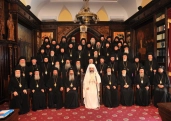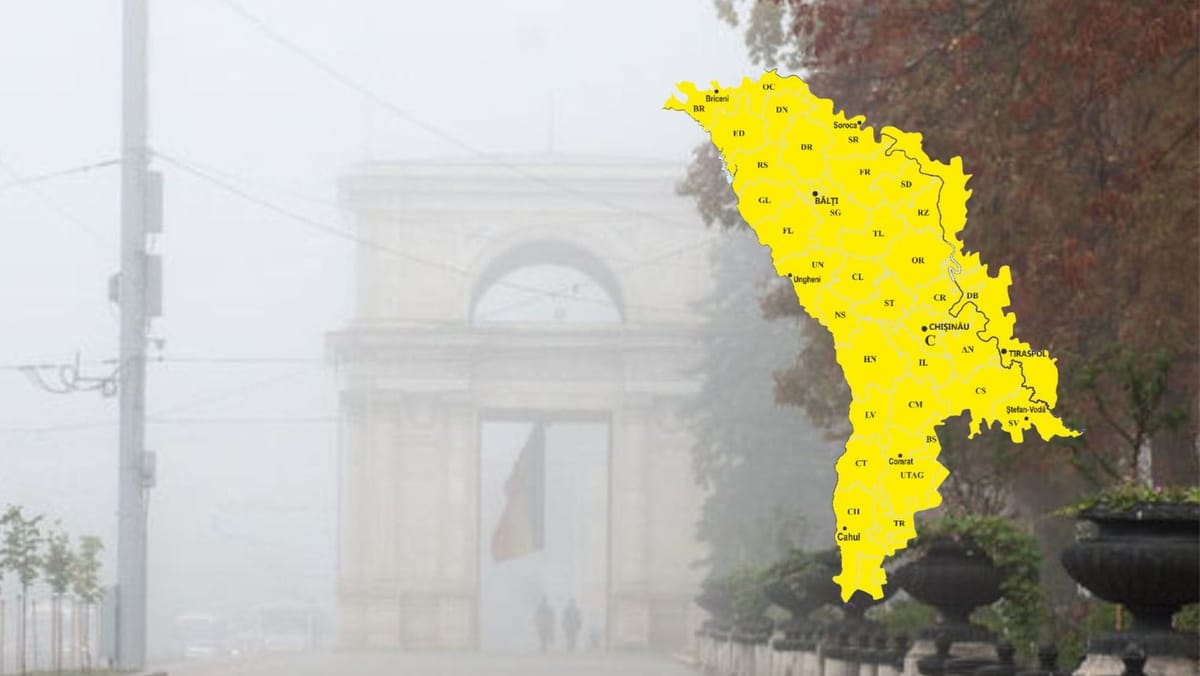Veterinarian and researcher Stefan Raileanu, who has been concerned for almost 20 years with the issue of the wild horses in the Danube Delta, asks the authorities to resume the steps to provide a special status for these animals, so that they can be monitored and managed in accordance with the status of a cultural heritage, which was given ten years ago by the European Horse Breeders Association (AECC).
In response, the head of the Danube Delta Biosphere Reserve Administration (ARBDD), Viorica Bisca, claims that the wild animals from the reserve are not the responsibility of the institution.
"The status of these animals began to be built about ten years ago, when during the Ponta government the first ministerial order was given to stop removing the wild horses from the Danube Delta. There was a law that defined this status that was about to be adopted. Everything that did not belong to the people living in the Delta entered the patrimony of the state, and at that time the decision regarding these horses belonged to the Delta Administration. However, a law was not reached, because the Government changed," Stefan Raileanu told AGERPRES.
The ARBDD representative, Viorica Bisca, stated that the proposal did not materialize.
"These wild horses can not be listed as protected species. The Danube Delta Biosphere Reserve was created for endangered species. We monitor endangered species and the horses are not the responsibility of the ARBDD," said the head the state institution, Viorica Bisca.
"The horses in the Danube Delta were recognized by the European Association of Horse Breeders as being not only complex, genetically rich, strong, uniform phenotype, gaining recognition as a result of some of our remarks that also proved an extraordinary genetic baggage together with the appearance of the steppe and red cattle of Dobrogean, which are semi-wild cattle in the Delta," Raileanu said.
In his opinion, the lack of semi-wild horses in the Delta affects the balance of eco-systems.
"We had swine flu, and many wild boars died. The jackals went wild, when the pigs died. They gave birth twice a year, and the jackal population doubled. The horse in certain territories is good prey for the jackals. A horse carcass feeds up to ten jackals over a long period, and jackals no longer eat birds that nest on the ground, birds on the verge of extinction," said Stefan Raileanu.
Moreover, the grazing of horses in the reserve also affects some infectious diseases.
"The horses ensured the natural greening, the maintenance of the pastures, which is also good for the wild herbivorous animals. Otherwise, the pastures turn into thickets, shrubs where there are hectoparasites, 30 [species - editor's note] of mosquitoes, seven species of tabanids and 16 species of ticks. As long as grazing is done permanently, these nests of ectoparasites and vectors for certain diseases do not appear," underscored researcher Stefan Raileanu.
According to him, the scandal of the wild horses in the Delta would not have occurred if the Tulcea branch of the College of Veterinary Doctors had not been abolished almost a month ago.
Stefan Raileanu stated that, on the Romanian market, the price of a kilogramme of horse meat raised in the Delta is about 3.5 euros and that it doubles at least when it is processed for salami.
"If it is processed, the meat reaches 10 euros per kilogramme. I studied this chain for my curiosity, but also to help me understand where the butchers' crazy love for horses comes from. I understood that money is actually the most important reason, and there are a lot of them involved. (...) Some countries with a tradition of consuming this meat highly appreciate horses raised in the wild, because they do not taste like drugs or chemicals, and the meat has basically no residue, it is pure health," stated Raileanu.
According to him, a semi-wild horse from the Delta can, based on the current regulations, become a person's property in at least seven days.
The non-governmental organization SOS Caii Deltei published an open letter on the social networks on Monday, December 12, in which it reported the illegal transport of stray animals from the Delta.
































Comentează